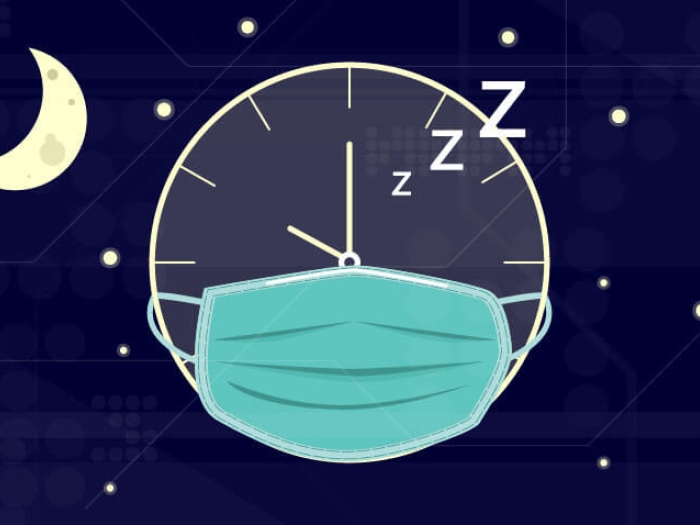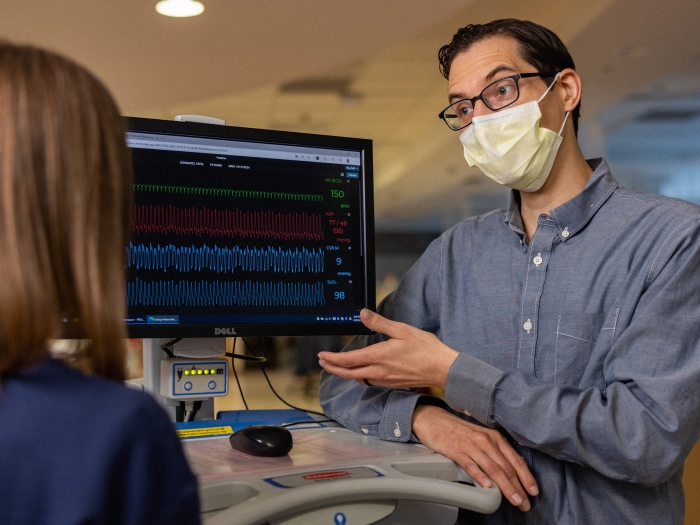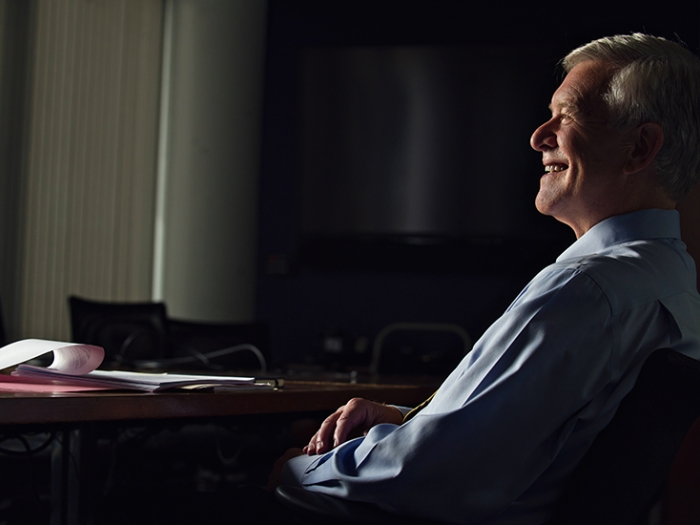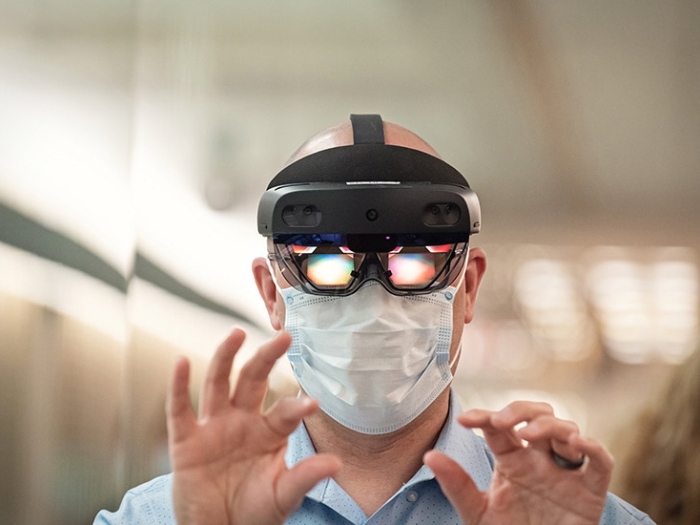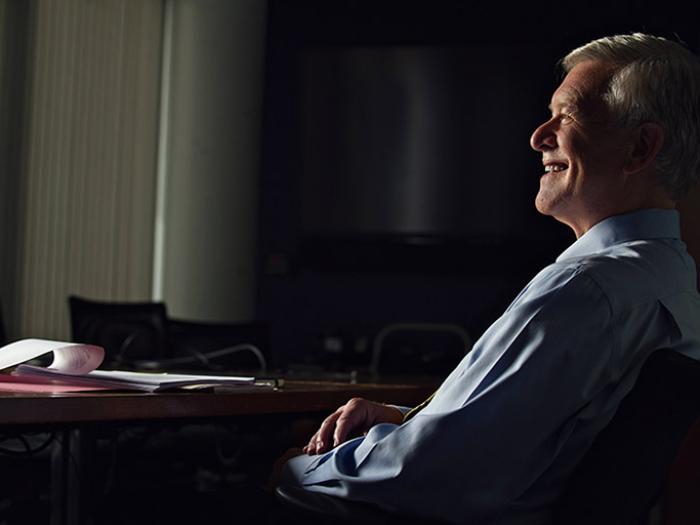We live in the age of digital medicine. Newspapers, magazines, and even professional health journals are thick with stories about how wearable devices, such as the Apple Watch and Fitbit, will revolutionize health care by providing real-time health monitoring.
Imagine being able to screen for the two most common causes of death in industrialized countries — heart disease and cancer — by checking your lipid profile or a panel of cancer markers whenever you want. Talk about health vigilance.
What the Silicon Valley wizards developing these products won't tell you is that it remains unproven whether continuous digital monitoring will be able to identify serious health problems early, while a cure is still possible.
I don't want to pour cold water on the concept of technology improving health. But as we move toward widespread use of instant data feeds from wearable devices, we must guard against the profoundly unscientific yet seemingly unavoidable tendency to cast all advancements as fountain-of-youth discoveries, while neglecting the inevitable trade-offs they bring.
Real-time monitoring is often pitched as creating a "new era in health care" — a perspective that ignores the fact that this experiment has, in some cases, already been run. Take continuous blood pressure (BP) monitoring. Decades ago, expert panels assembled by the American Heart Association proposed that continuous BP monitoring would make for more effective treatment of hypertension. The research showed that not to be the case. For people with diabetes, frequent blood sugar monitoring (and treatment with insulin-lowering drugs) has been a happier story. But the ability to capitalize on minute-by-minute blood glucose monitoring will only occur with widespread use of implanted "artificial pancreas" devices, many of which are still in development.
Techno-utopians also give the impression that their gadgets are magic bullets all by themselves. Putting aside significant questions regarding the accuracy of at-home devices, each single reading — your pulse rate, BP, glucose levels — is highly dependent on everything from your genes to your lifestyle to your ever-changing environment. It will likely be decades before the influence of all of these factors on health will be understood, even in this era of big data, artificial intelligence, and machine learning.
As with most new technologies in medicine, these devices will not replace the expertise of physicians and other health care providers, but rather accentuate it. First, providers will digest your health data and compare it with information now available at lightning-speed from medical research. Second, and more importantly, only experienced clinicians can evaluate these data in the context of their experience to give you their best opinion on how to proceed. Most times, as a physician, there is no single answer to the question, "what should I do now?"
"Real-time monitoring is often pitched as creating a 'new era in health care' — a perspective that ignores the fact that this experiment has, in some cases, already been run."
Finding the proper response will only become harder because individual data, along with the rise of genomics and sophisticated new diagnostic tools, are already revealing subtle but significant variations in the biology and chemistry of every person, further making diagnosis and treatment decisions more complicated.
As physicians wrestle with the intellectual challenges of processing these new mountains of information, they will also have to sharpen their soft skills to communicate more openly and effectively with patients who are empowered by the same new technologies. In the age of real-time monitoring, physicians are not just caregivers but also care partners.
Marschall S. Runge, M.D., Ph.D.
Dean, Medical School
Executive Vice President for Medical Affairs, U-M
CEO, Michigan Medicine
Member of the Board of Directors, Eli Lilly and Co.
